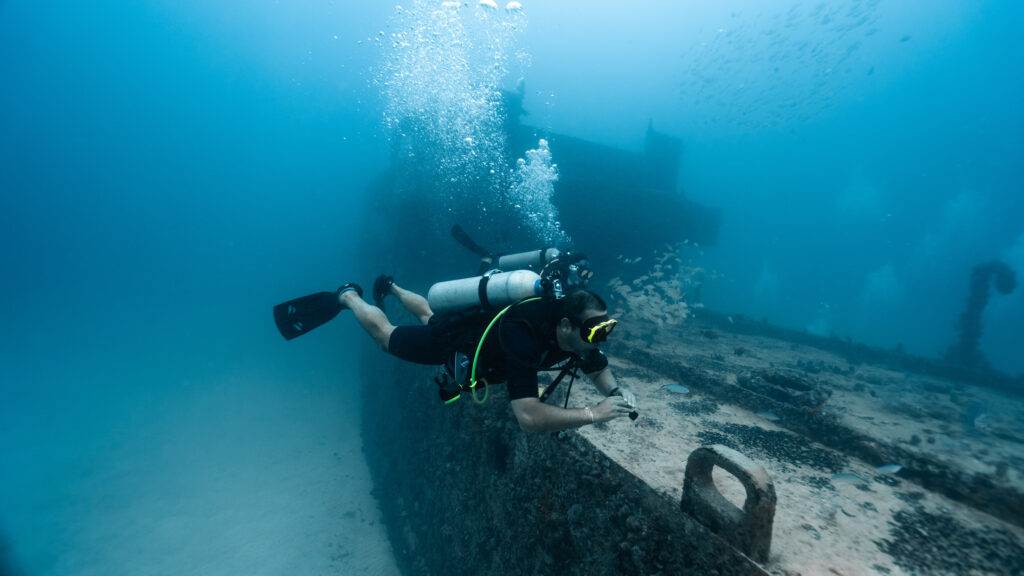What is Open Circuit Scuba?

Open circuit scuba diving is a method of underwater diving in which the diver breathes from a tank of compressed gas and exhales directly into the water. This system is contrasted with closed-circuit systems, where exhaled gas is recycled and re-breathed. Open circuit scuba is the most common and widely used system in both recreational and professional diving. It is valued for its simplicity, reliability, and the extensive training programs available to certify divers. The ease of use and availability of open circuit scuba equipment have made it a cornerstone of underwater exploration.
What is the Professional Association of Diving Instructors (PADI)?

The Professional Association of Diving Instructors (PADI) is the world’s largest diving training organization, renowned for its comprehensive education system and certification programs. Founded in 1966, PADI has played a pivotal role in standardizing and enhancing diving training globally. With a mission to explore the underwater world safely and responsibly, PADI offers a wide range of courses that cater to beginners and experienced divers alike. Its extensive network of dive centers and professionals has made it a cornerstone of the diving industry, contributing significantly to the sport’s popularity and accessibility.
What is Mask Clearing?

Mask clearing is a crucial skill that every scuba diver must learn and master to ensure a safe and enjoyable underwater experience. This technique involves removing water that has inadvertently entered the diver’s mask while underwater. Mask clearing is typically taught during open-water certification courses and is essential for maintaining clear vision and preventing mask-related issues during dives.
What is Open Water Certification?

Open water certification is a fundamental credential in scuba diving, signifying that an individual has achieved the necessary skills and knowledge to dive independently. This certification is recognized globally and is a prerequisite for many diving activities and advanced training courses. It ensures that divers are equipped to handle underwater environments safely and responsibly, providing a foundation for safe and enjoyable underwater adventures. Whether one seeks to dive in tropical coral reefs or cold-water kelp forests, obtaining an open water certification is the first crucial step in the journey of underwater exploration.
What is Confined Water Diving?

Confined water, a term widely used in the scuba diving community, refers to a dive site where the water is enclosed and bounded sufficiently, creating a controlled environment free from the influence of geographic or weather conditions. Such environments are ideal for safe scuba training, providing instructors and students with a stable setting to learn and practice essential skills before advancing to open water dives. The most common example of confined water is a swimming pool; however, other bodies of water, such as quarries or calm, shallow bays, may also serve as confined water environments.
What is a Diving Mask?

What is a Diving Mask? A diving mask is an essential piece of equipment for divers, enabling clear underwater vision and providing an air space between the diver’s eyes and the water. The mask ensures that both eyes can see in the same plane underwater, which is crucial for safe and enjoyable diving experiences. This […]
